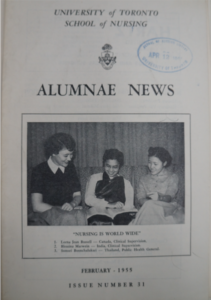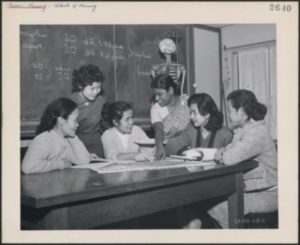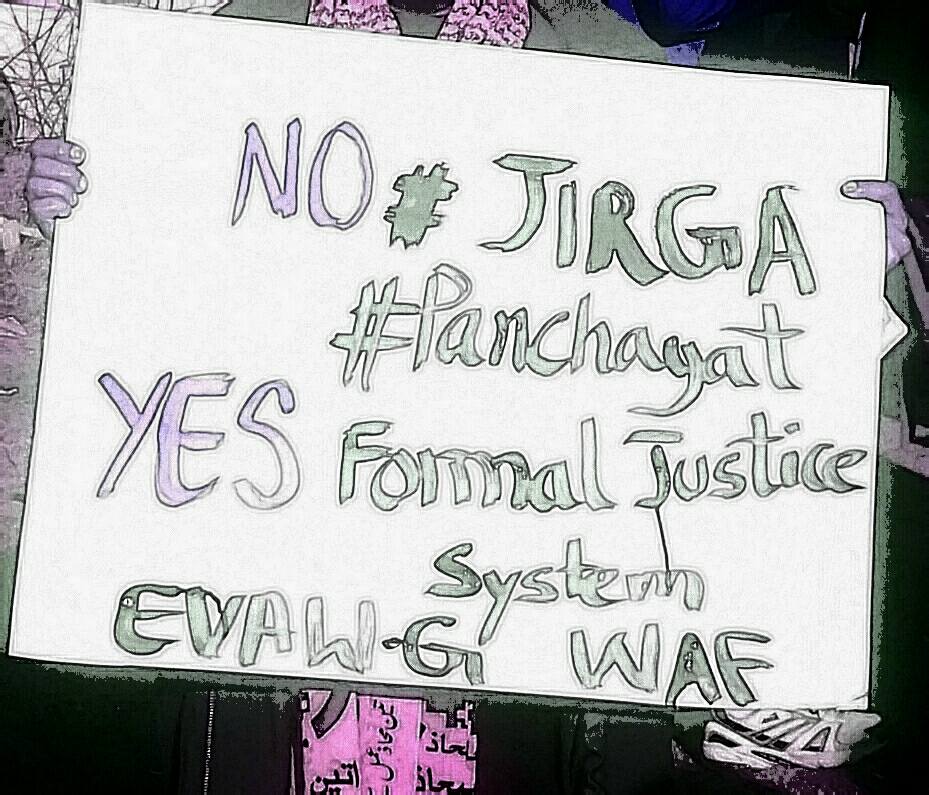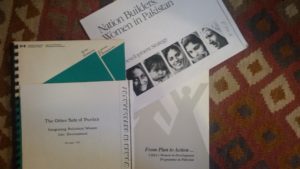By Sandrine Murray
- University of Toronto Archives
- Graduate nursing students at McGill, by David Bier (Library and Archives Canada)
Between 1950 and 1968, approximately 300 to 400 “trainees” from South and Southeast Asia — India, Pakistan and Ceylon (present-day Sri Lanka)– came to Canadian universities, learning from the country’s health education systems, and brought back their new knowledge to their home countries.
The Colombo Plan Fellowships are worth acknowledging in the grander tale of Canadian humanitarian aid, as Jill Campbell-Miller argued on Sept. 14, 2018. The historian, a member of the CNHH who also runs the network’s social media presence, gave a presentation to interested members of academia at Carleton University.
During her afternoon talk, Campbell-Miller presented the subtle racial and historical dimensions of the Colombo Plan Fellowships and the changing landscape of health education in Canada.The post-doctoral fellow’s talk was the basis for a paper she hopes to publish. Continue reading






